Zimbabwe
The Zimbabwean government said on Wednesday it would not pay salaries and allowances to striking junior doctors, taking a hard line in the first big labor dispute President Emmerson Mnangagwa has faced since he took power.
The doctors immediately said they would not be intimidated and would not return until their demands were met.
Doctors at public hospitals across Zimbabwe have been on strike since March 1 over better pay and working conditions, forcing hospitals to turn away patients.
In a circular to senior health officials, Health Ministry permanent secretary Gerard Gwinji said doctors who had been absent from work for 14 days would be denied their salary and allowances.
But Mxolisi Ngwenya, spokesman for the Zimbabwe Hospital Doctors Association (ZHDA), which represents more than 1,000 members, said doctors would not end the job boycott until Mnangagwa’s government agreed to their demands.
“Members have stated that they are not going back to work. Instead of threatening our members, we urge the ministry to go on to resolve the root issues as they are aware that we have genuine grievances,” Ngwenya said.
Mnangagwa replaced Robert Mugabe in November after a de facto army coup and faces his first election in July. Fixing the economy is his main challenge.
Health Minister David Parirenyatwa told the state-owned Herald newspaper that the government had no money to meet the demands by doctors and urged them to return to work while negotiations continued.
REUTERS




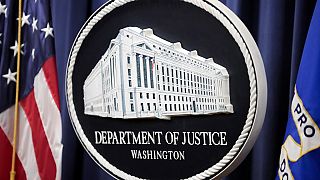
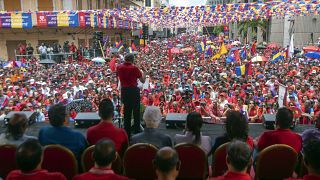

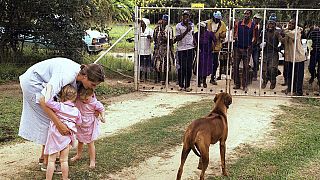
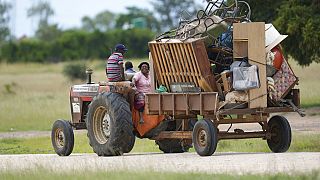

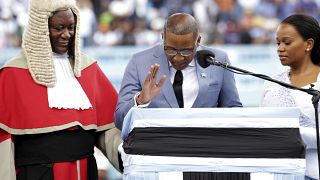

01:37
UN agricultural fund calls for adaptation financing for small-scale farmers
Go to video
IOC sets election timetable to succeed Thomas Bach
11:05
Ethiopia: Electromobility, turning point or illusion? [Business Africa]
02:29
Zimbabwe's baobab trees offer lifeline to rural communities devastated by climate change
Go to video
Workers call off protest that grounded flights at Kenya's main airport
01:34
Flights grounded at Kenya's main airport as workers protest against Adani deal